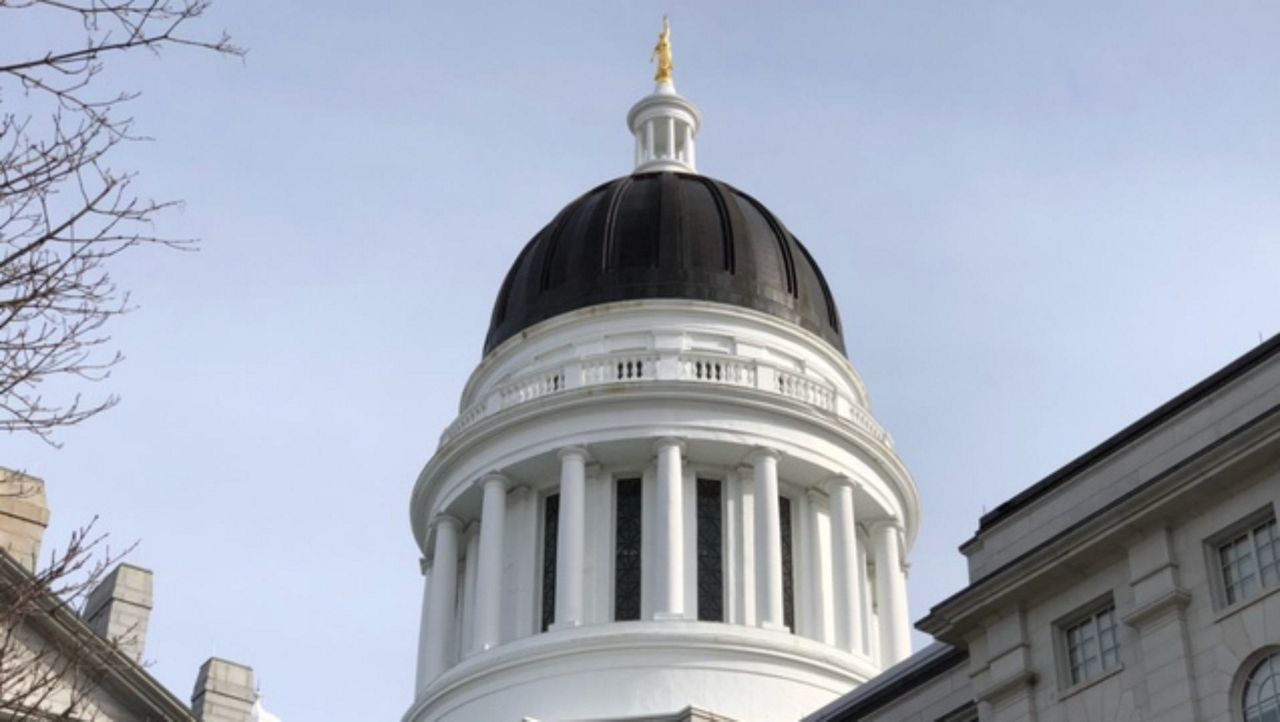A new paid family and medical leave program, childcare subsidies and two tax relief programs are part of a new budget approved by a legislative panel early Wednesday.
The budget, which is estimated to come in between $800 million and $900 million, gained key bipartisan approval in an 11-1 vote by the Appropriations Committee.
“This proposal makes key investments in childcare, establishes paid family medical leave and creates a new dependent tax credit to help families afford to make ends meet, care for loved ones and fully participate in the workforce,” Sen. Peggy Rotundo (D-Lewiston) said in a statement.
According to House and Senate Democrats, budget highlights include:
*Doubling the salary stipends for all childcare workers from $200 to $400
*Increasing eligibility for a childcare program from 85 to 125 percent of the state’s median income
*Establishing the Housing First Program to help those who are chronically homeless
*Providing start-up funds for a new paid family medical leave program that will give workers up to 12 weeks of paid time off to care for themselves or a family member. Once the program is launched, workers and their employers will pay into the system up to 1% of employee wages.
*Investing in emergency medical services by creating a grant program to help communities most at-risk of losing their local services.
*Dedicating funds for a one-time 3% cost of living adjustment for retired state employees that’s estimated to help 37,600 retirees.
Republicans are touting two tax relief programs.
One is a refundable dependent tax credit of $300 for working families and the other is an increase in the income tax pension exemption from $30,000 to $35,000 this year and to $48,000 the following year, said Sen. Rick Bennett (R-Oxford).
“This is real, true structural tax relief,” he said. “It is permanent. It is ongoing.”
When Gov. Janet Mills released her proposed budget in May, Republicans called for $200 million to $400 million in tax cuts, potentially including reductions to income or sales tax rates.
Bennett said Republicans prefer those types of easy-to-understand rate reductions rather than refundable tax credits, but that they negotiated with Democrats to get to a compromise.
Ultimately, Republicans wanted to find a way to reduce taxes over the long term, rather than use state budget surpluses to issue one-time checks, he said.
Appropriations Committee chairwoman Rep. Melanie Sachs (D-Freeport) said the budget will provide “long-term stability for Mainers.”
This budget is the second one considered by lawmakers this year. In March, Democrats pushed through a $9.9 billion, two-year budget to fund basic state services without Republican support.
The budget will now go the full Legislature, possibly as soon as next week.



